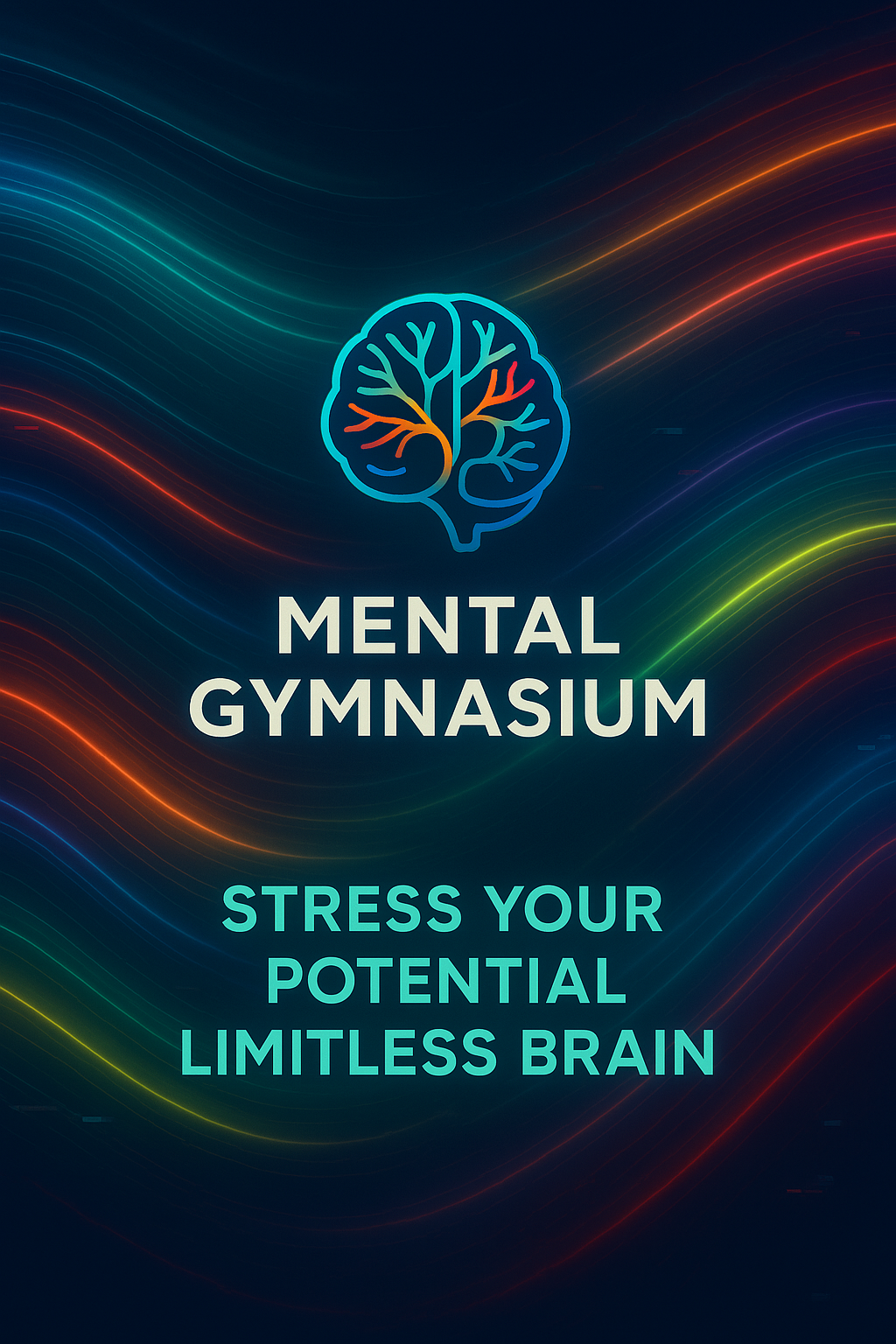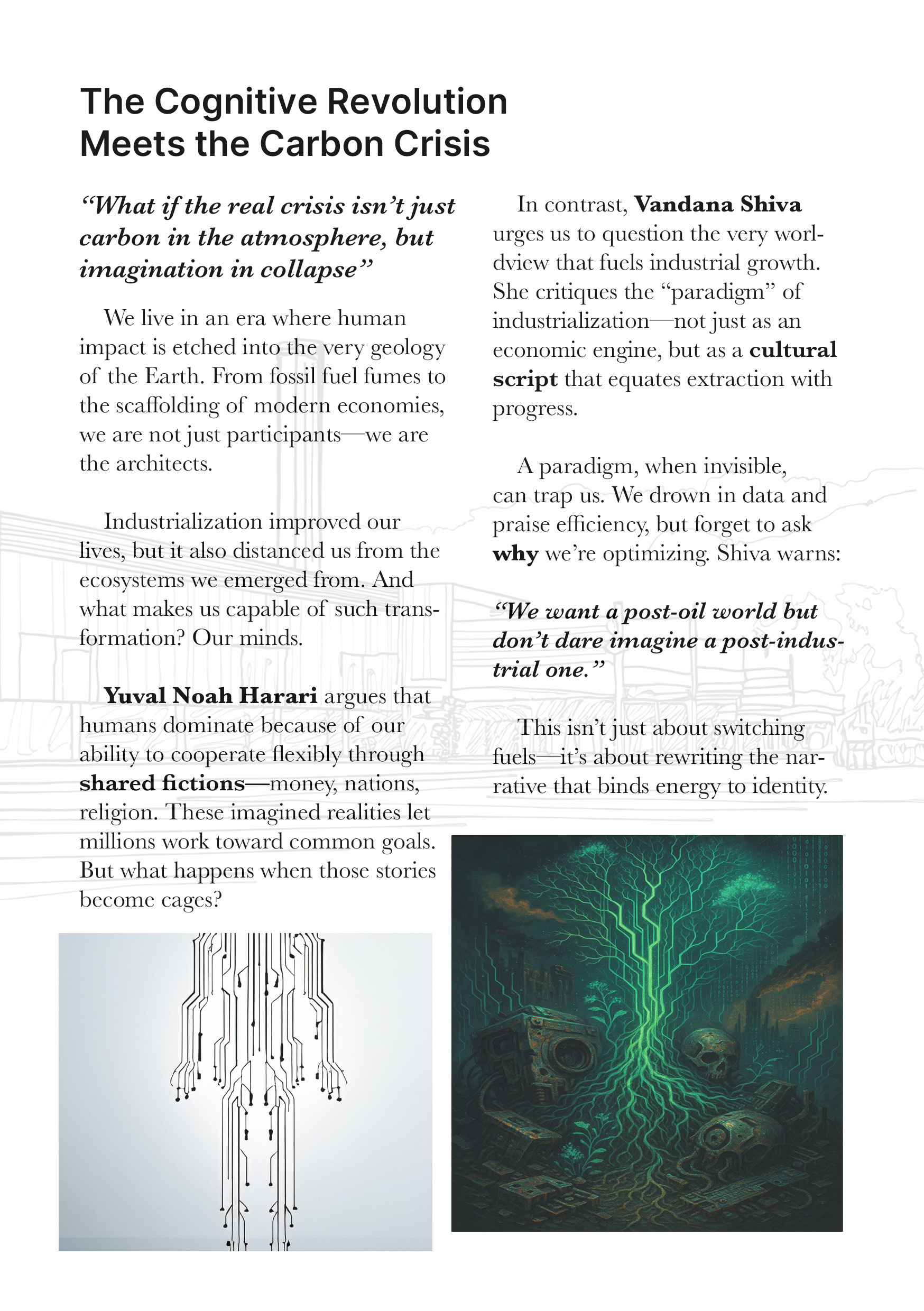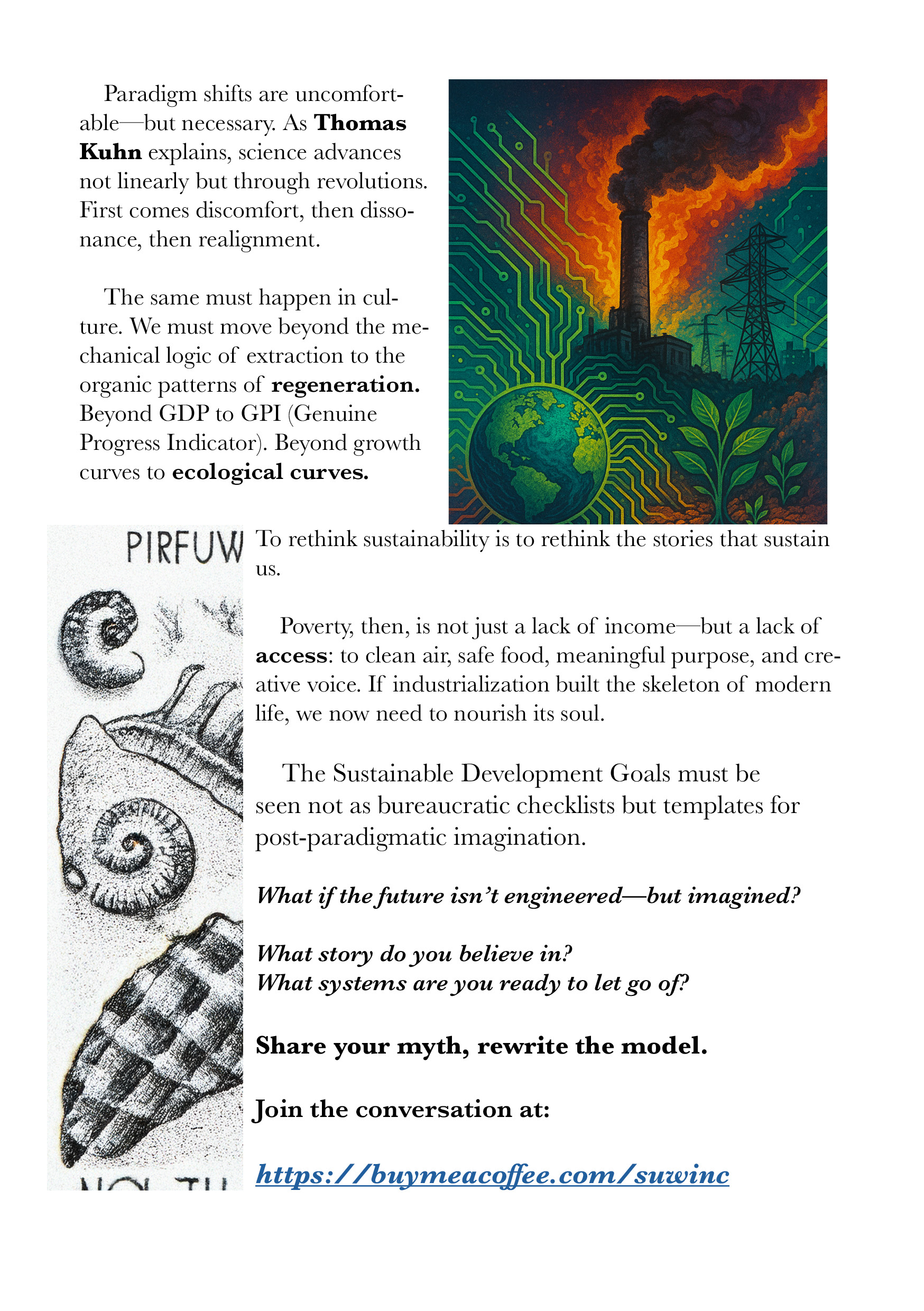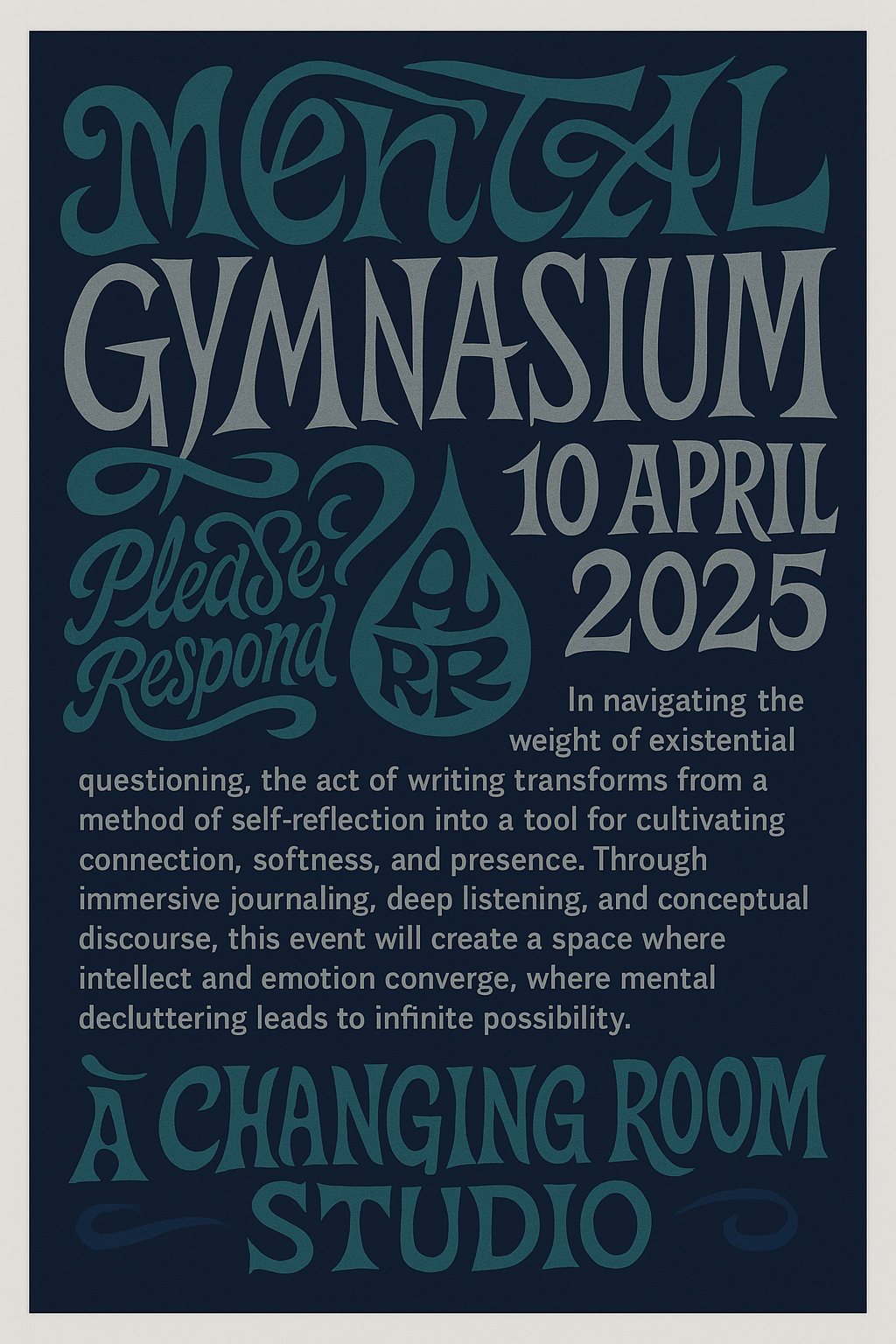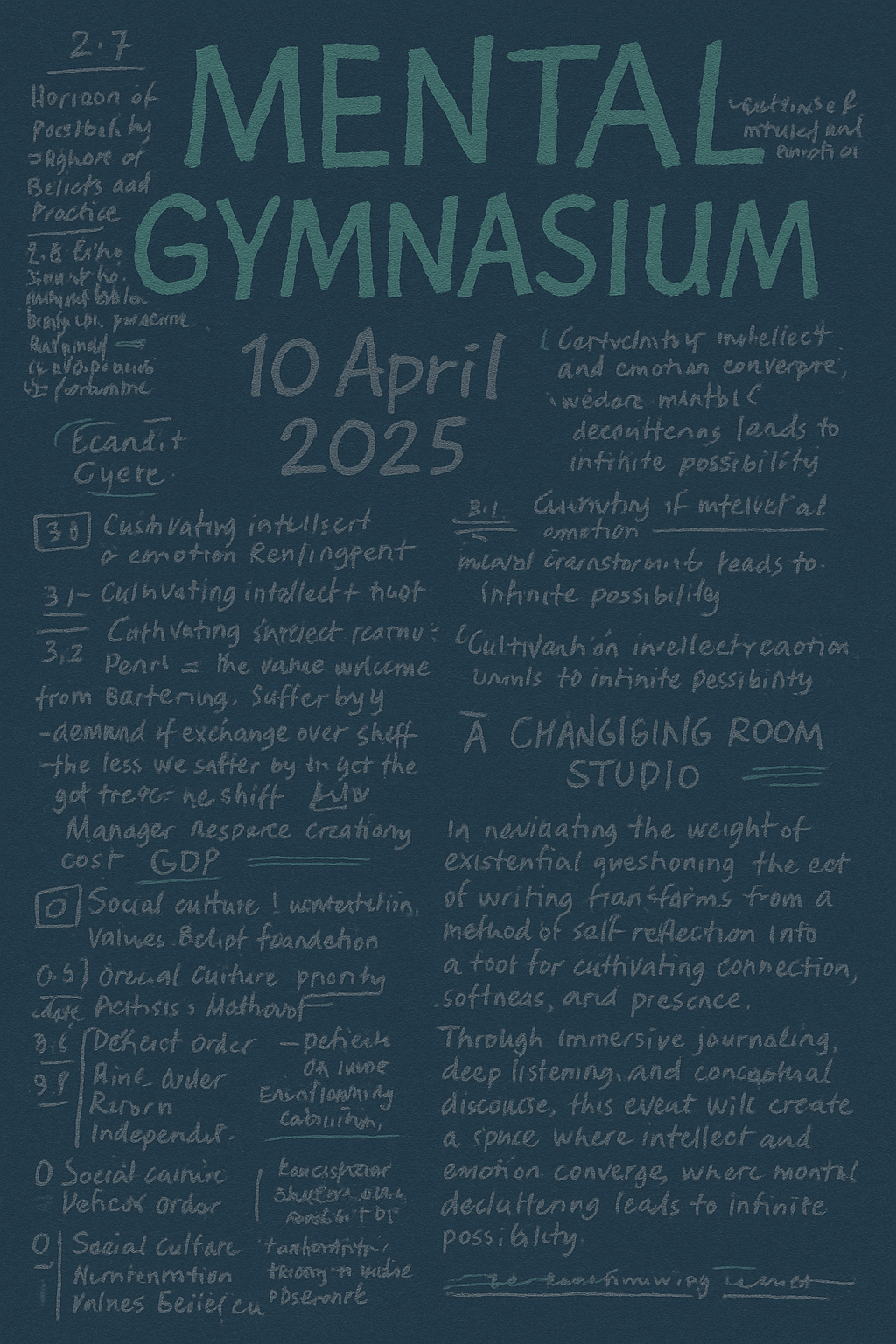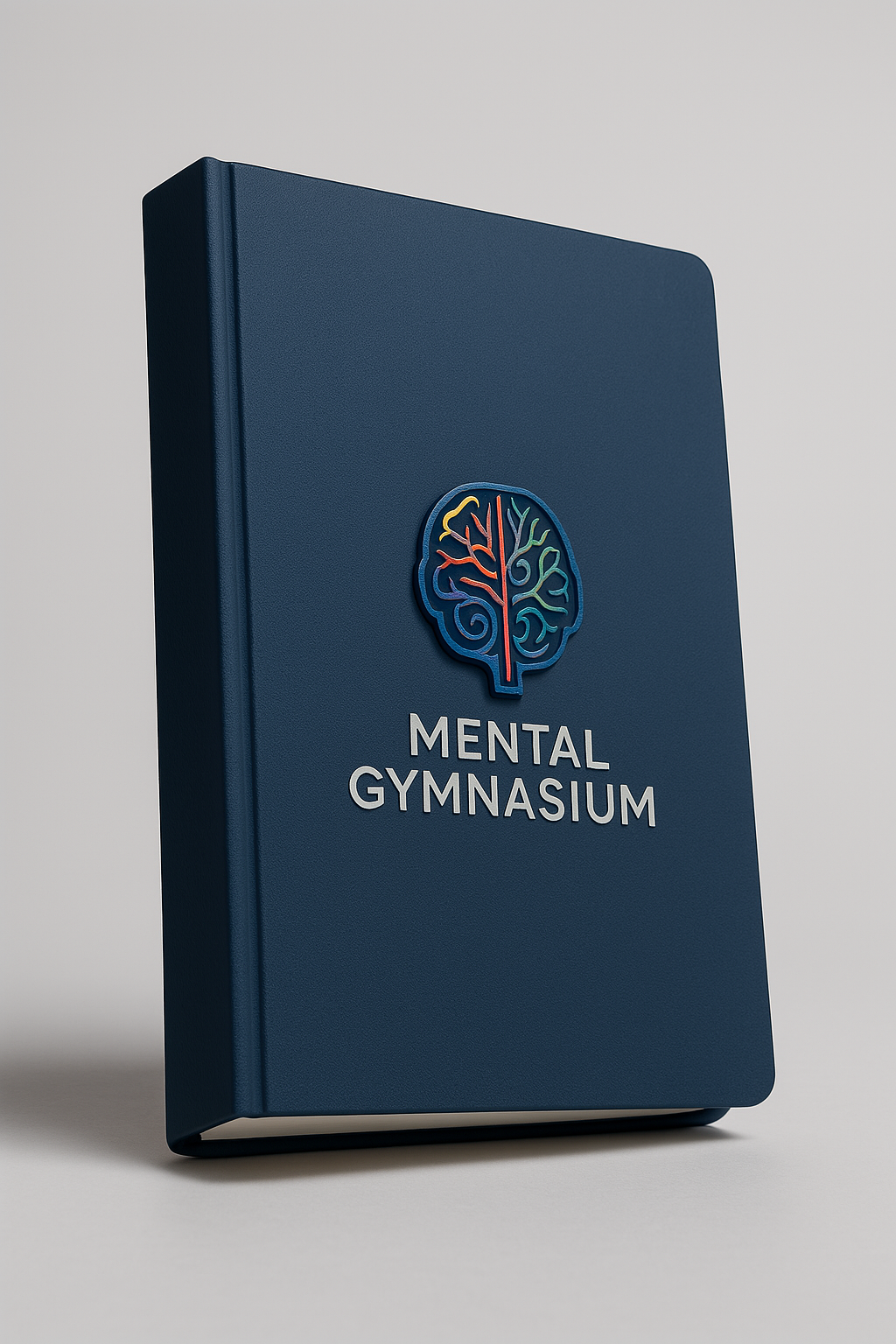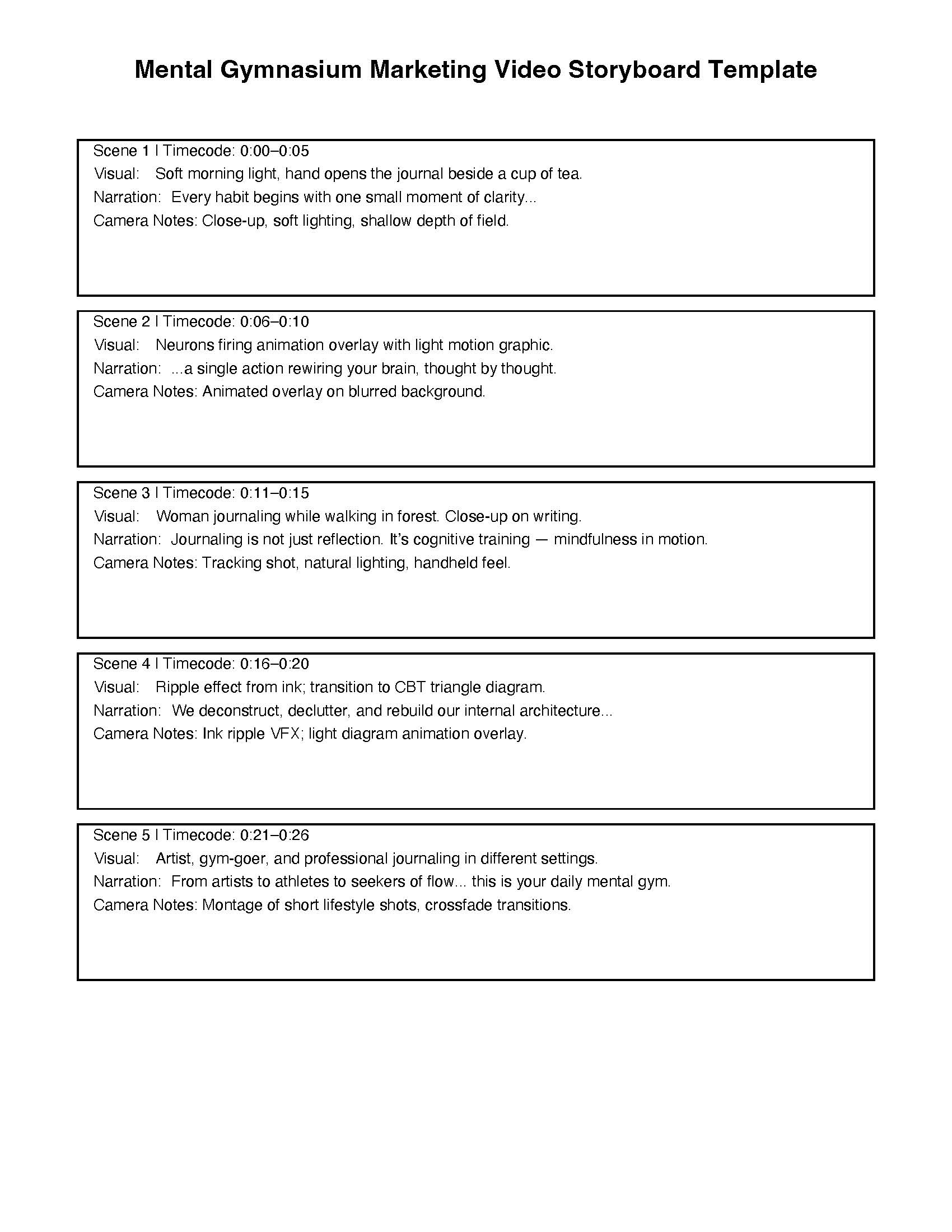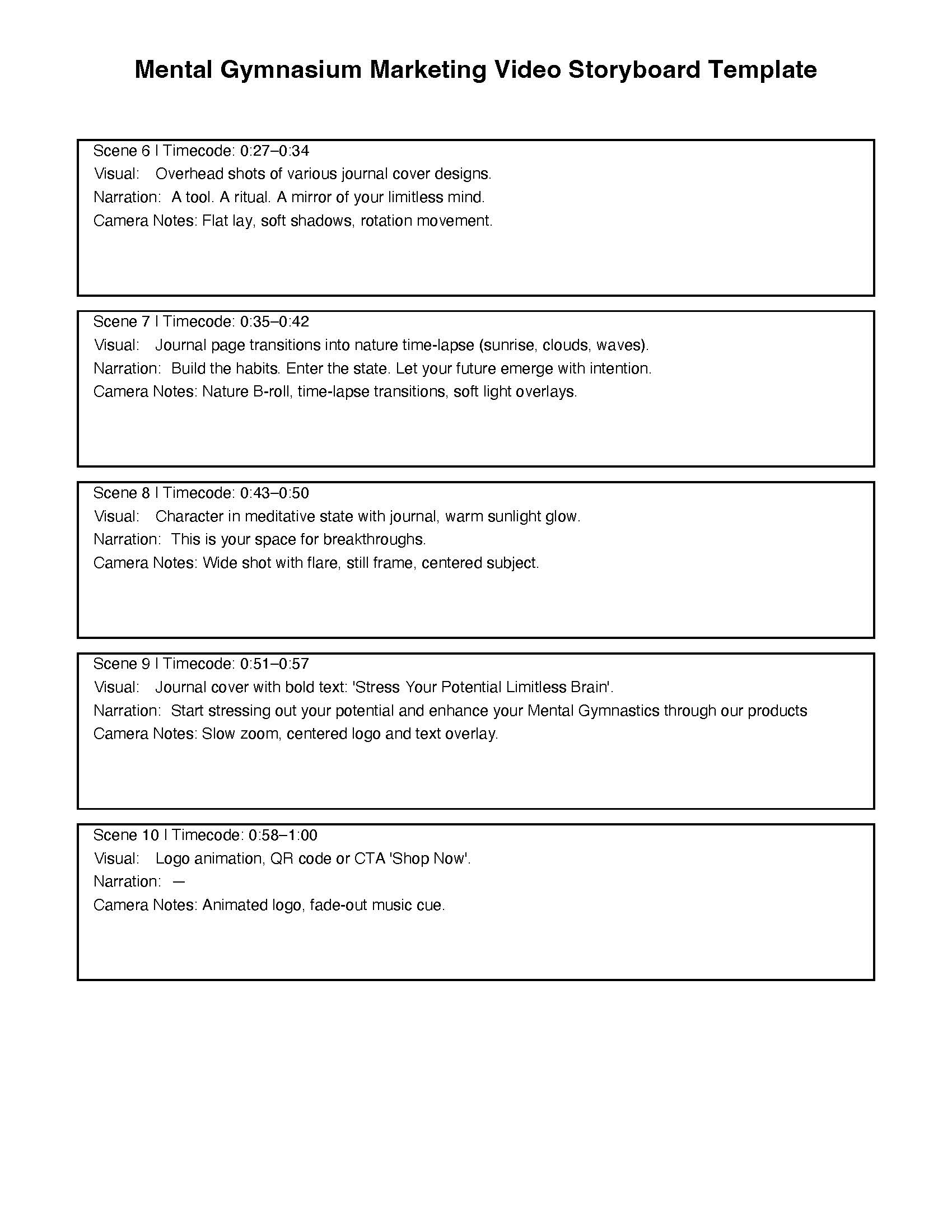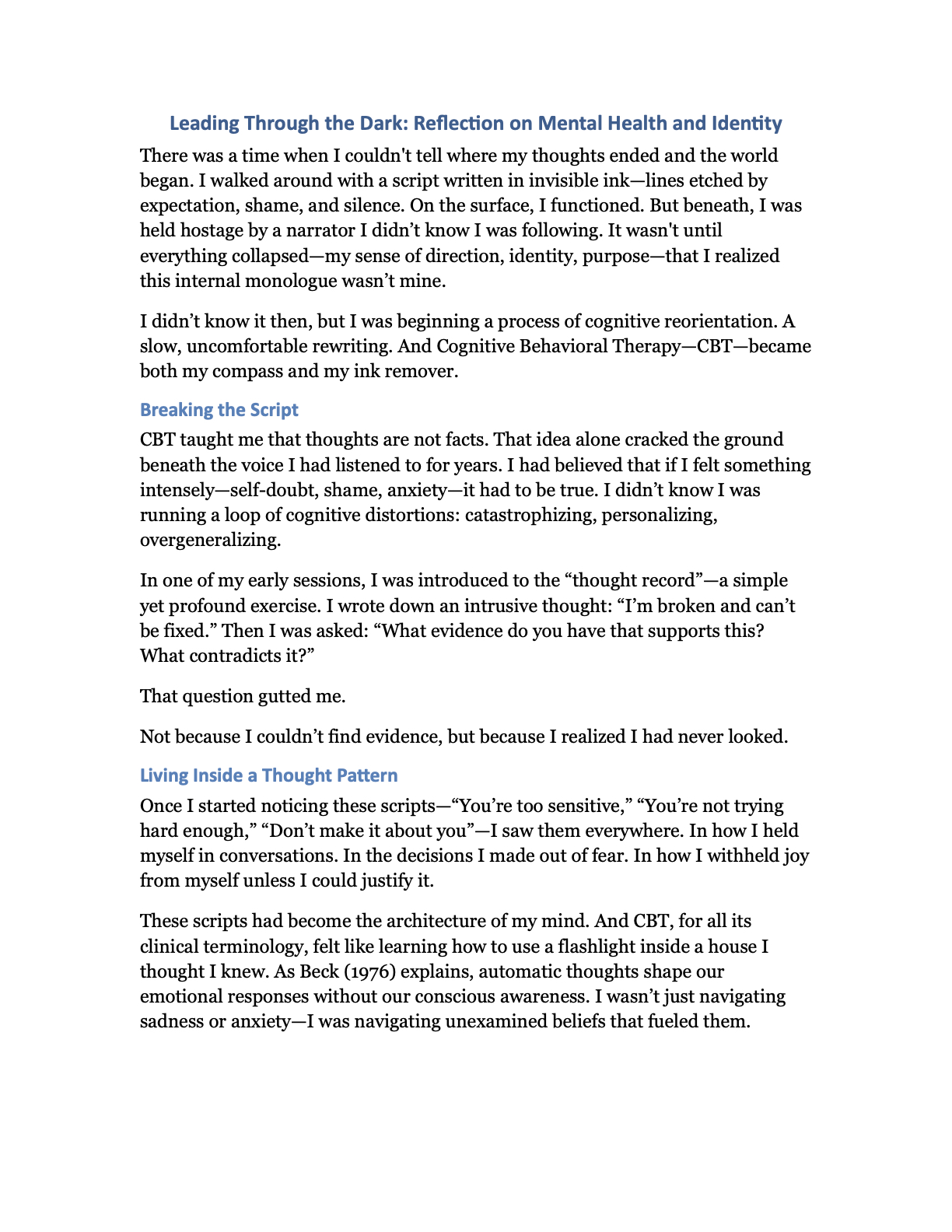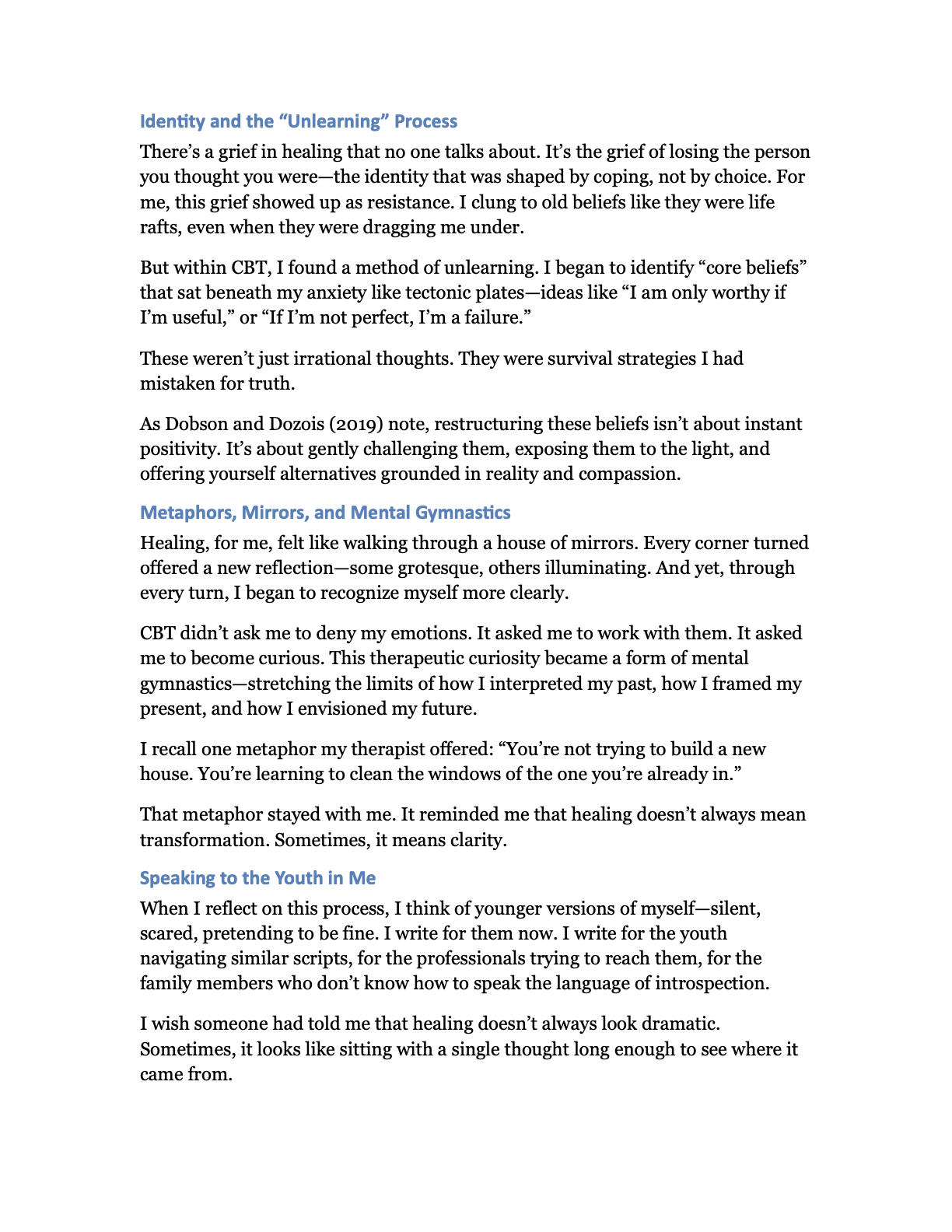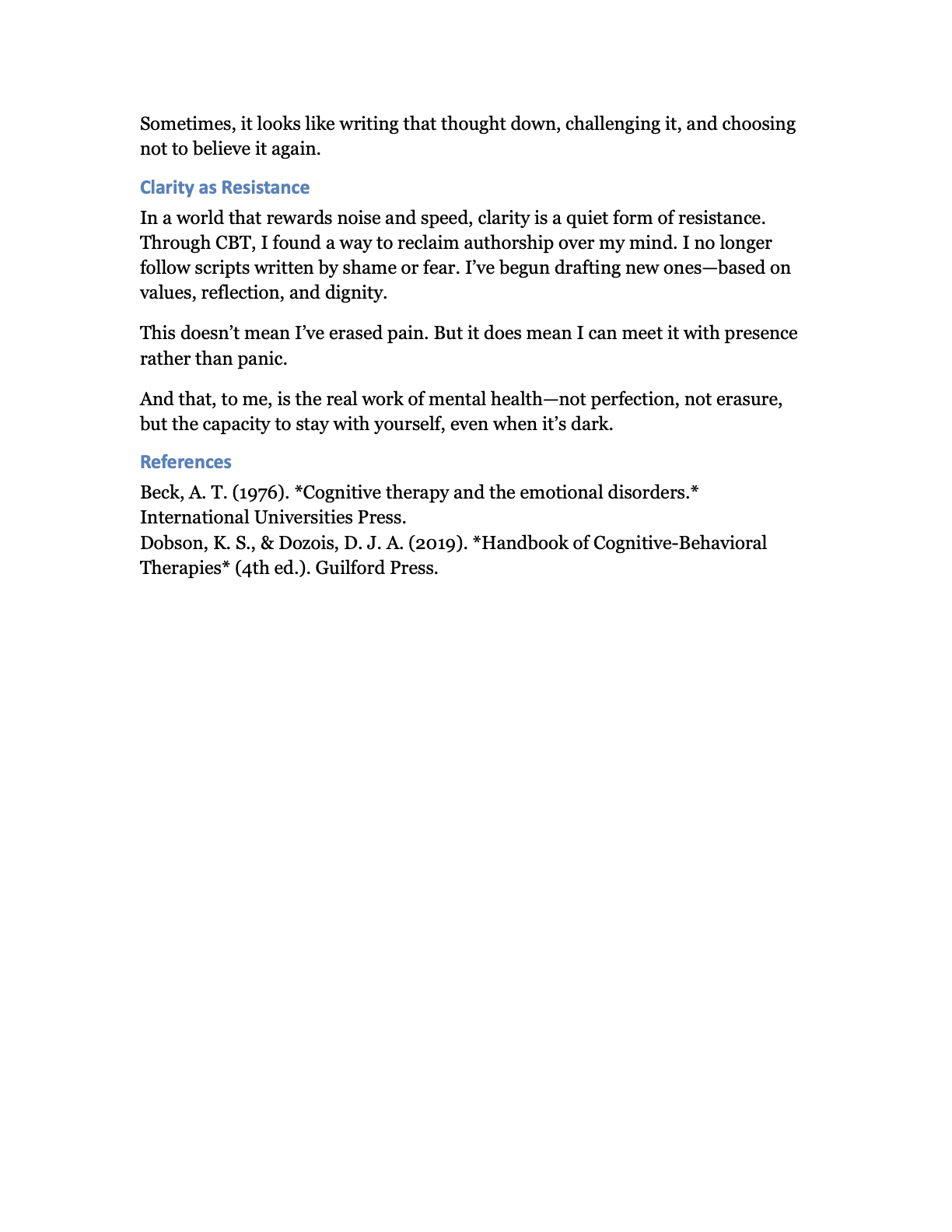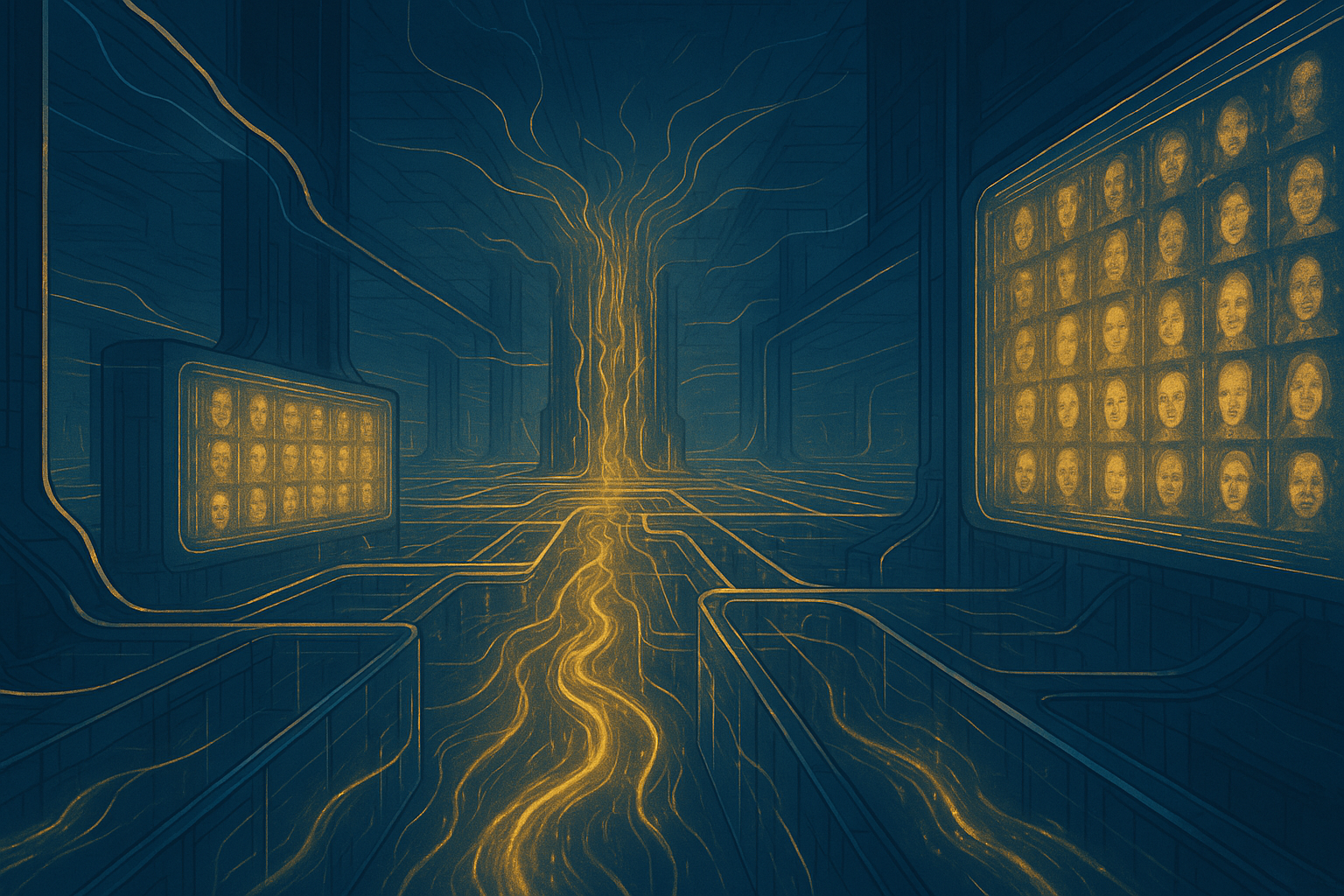Create a 45 to 60-second TikTok-style marketing video script for the brand “Mental Gymnasium,” promoting a print-on-demand mental well-being journal.
The theme how compounding key habits can lead to remarkable results by entering a flow state and practicing presence.
The video should:
•Target students, psychologists, mental-health therapists, artists, burnout professionals, and the mindfulness and psychedelic communities.
•Use realistic/documentary-style footage enhanced with visual metaphors like neurons firing, ripples from a journal entry, and nature evolving — symbolizing neuroplasticity and mental transformation.
•Feature calm, poetic, female narrator monologue that implies personal growth and emotional clarity gained through journaling, framed through the lens of scientific mindfulness.
•Incorporate light graphics and diagrams subtly advocating CBT models and neuroscience tools.
•Show scenes of journaling rituals, mental decluttering, physical exercise, and commitment-based routines — blending mindset with physicality and cognitive enhancement.
•Highlight the physical appearance of various journal cover designs to showcase aesthetic options and identity expression.
•Use soft ambient sounds or minimalist background music to evoke serenity, clarity, and warmth.
•Conclude with the tagline: “Stress Your Potential Limitless Brain”
•Call to action: “Start stressing out your potential and enhance your Mental Gymnastics through our products today.”
